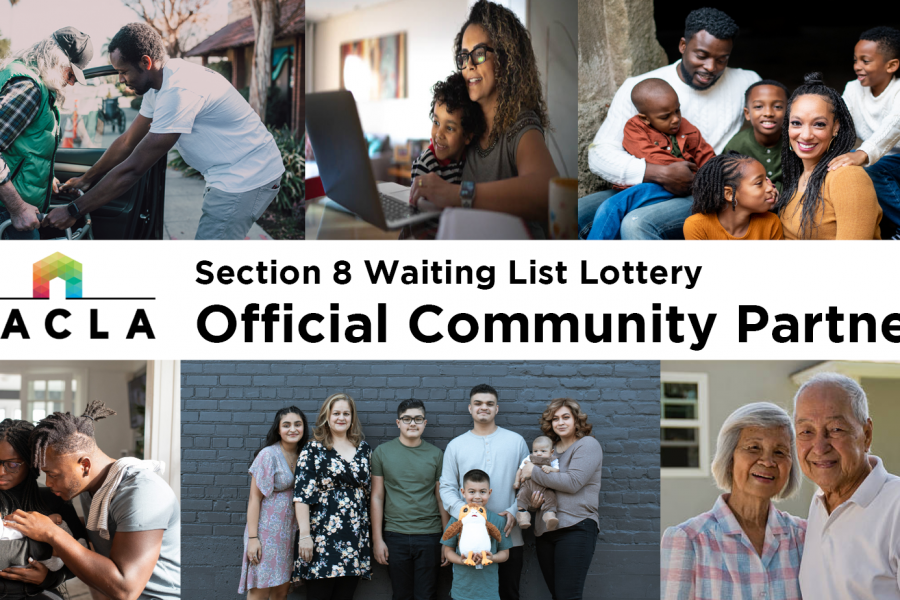Tuesday, June 2, 2020
ABOUT HUMAN TRAFFICKING
Human Trafficking is the exploitation of human beings through force, fraud or coercion for the purposes of commercial sex or forced labor. Any person under age 18 who performs a commercial sex act is considered a victim of human trafficking, regardless of whether force, fraud, or coercion was present.
JANUARY IS HUMAN TRAFFICKING PREVENTION MONTH
To bring awareness to human trafficking prevention, IILA’s national partner US Committee for Refugees and Immigrants (USCRI) has put together a page of information and resources. Click here to be directed to their page.
THE FEDERAL DEFINITION
(A) sex trafficking in which a commercial sex act is induced by force, fraud, or coercion, or in which the person induced to perform such act has not attained 18 years of age; or
(B) the recruitment, harboring, transportation, provision, or obtaining of a person for labor or services, through the use of force, fraud, or coercion for the purpose of subjection to involuntary servitude, peonage, debt bondage, or slavery.
(Source: Victims of Trafficking and Violence Prevention Act of 2000)
IILA’s Human Trafficking Victims/Survivors Assistance Program
IILA provides rescue, support and services needed to rebuild the lives of trafficking survivors and re-establish their ability to live independently. This purpose has been achieved through a comprehensive trauma-informed case management model which has included conducting intake and needs assessment, developing an individualized service and safety plan, helping survivors navigate complex systems, and empowering survivors and their families to make choices contributing to long-term self-sufficiency.
Safety Planning
Safety should be the first consideration when providing rescue and support to victims of trafficking. IILA case managers assess safety continuously. The victim may alert the case manager to issues of safety. The case manager also makes sure to notice safety issues that the survivor may not recognize or share. If a survivor does not self-identify as a victim of trafficking, the survivor may not be attentive to safety concerns or recognize a threat to his or her safety.
Tips for Case Managers:
- Respect client confidentiality, including name, address, phone number, and case details.
- Assess if traffickers are still a threat by talking with the survivor and law enforcement.
- Communicate any safety concerns to attorney and law enforcement.
- Assess whether the survivor should be relocated to another area. This should be considered especially if there are many ties to the trafficker in the area.
- Ask about and consider the safety of the survivor’s family in the United States and in their home country.
- Inform other service providers of safety tips you feel they may not be aware of.
- Ask the survivor whether it is safe to speak on the phone or leave voicemails.
- Give important information to the survivor in person.
- Continually assess survivor’s mental and emotional state and act to protect survivor if you believe they may harm themselves or others.
- Be aware of the potential risks of obtaining employment, housing, or interpretation services in the same cultural community as the trafficker.
Tips to Share with Victims/Survivors of Human Trafficking:
- Be aware that cell phones given by traffickers could serve as tracking devices.
- Be careful in making new friendships.
- Be aware that it is best to vary travel habits and routes.
- Be aware that boyfriends/girlfriends/friends/family could be part of the criminal ring.
- Be aware of the potential risks of obtaining employment, housing, or interpretation services in the same cultural community as the trafficker.
- Be aware of the potential risks of releasing your case information.
- Be aware that caller ID could reveal your location.
COMMON INDUSTRIES FOR LABOR TRAFFICKING
|
· Domestic work (e.g., cleaning homes, childcare, elderly care, etc.) |
|
· Hotel and restaurant service (e.g., hospitality services, housekeeping, dishwashing, etc.) |
|
· Manufacturing (e.g., food processing, making clothing, etc.) |
|
· Agriculture and farming (e.g., growing food, sheep herding) |
|
· Health & beauty services (e.g., hair salon, nail salons, etc.) |
|
· Forced selling and/or cultivation of drugs |
COMMON VENUES/INDUSTRIES FOR SEX TRAFFICKING
|
· Spas and massage parlors |
|
· Residential or commercial brothels |
|
· Escort companies |
|
· Exotic dancing/strip joints |
|
· Pornography |
|
· Truck stops |
COMMON INDICATORS OF HUMAN TRAFFICKING
|
· Injuries or signs of physical, emotional or sexual abuse |
|
· Physical threats, threats of deportation and/or threats of harm to family |
|
· Working excessive hours or when sick |
|
· Little or no pay, withholding of pay or working to pay off a debt |
|
· Restricted or scripted communication |
|
· Isolation or not allowed to have friends or go to church |
|
· Inhumane living and working conditions |
|
· Identification documents taken away |
HUMAN TRAFFICKING SCREENING TOOL
- Can you leave your situation if you want?
¿Puede salir de la situación si así lo deseara? - Can you come and go as you please?
¿Puede ir y venir cuando quiera/con toda libertad? - Have you been threatened if you try to leave?
¿Te amenazaron o te dijeron que algo pasaría si intentabas salir o escapar? - Has anyone threatened your family?
¿Han amenazado a su familia? - Do you have to ask permission to eat, sleep or go to the bathroom?
¿Tiene que pedir permiso para comer, dormir, o ir al baño? - Is there a lock on our door so you cannot get out?
¿Le han puesto llave o candado a su puerta para que no se salga? - Does someone prohibit you from socializing or attending religious services?
¿Le han prohibido que tenga una vida social o le han prohibido que vaya a servicios religiosos? - Are you being forced to do something you didn’t want to do?
¿Lo están obligando o presionando a que haga algo que no quiere hacer? - Have you suffered any type of abuse (sexual, verbal, physical)?
¿Le han hecho algún daño de cualquier tipo ya sea verbal, sexual o físico? - Were your documents taken away from you?
¿Le quitaron sus documentos/identificaciones? - Please tell me about your living conditions (where you slept, ate, basic care provided)?
Por favor cuénteme sobre las condiciones en las que vive/vivía (donde duerme/dormía, come/comía, cuidado básico) - Please tell me about your working conditions (payment, wages, terms of employment, hours, etc.) Por favor digáme sobre sus condiciones de trabajo (cuando y cuanto le pagan, términos de empleo, horas que trabaja, etc.)
- Were you deprived of basic needs (food, water, sleep, medical care, housing)? ¿Le privaron o negaron sus necesidades básicas, por ejemplo comida, agua, cuidado de salud, vivienda, dormir)



